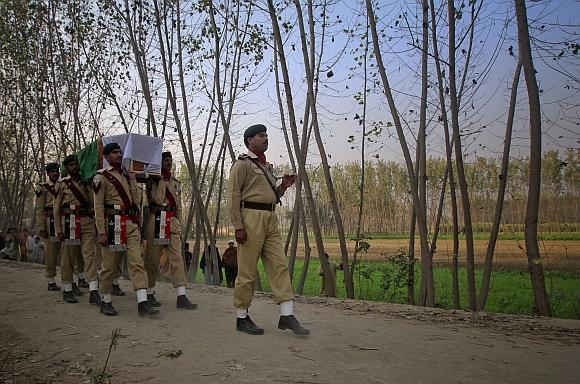
Pakistani forces were "unusually accurate" as they fired shots on an Afghan-United States patrol on November 26, an American officer stationed in Afghanistan has said, providing new details about the North Atlantic Treaty Organisation attack that could put fresh strains on the already tattered US-Pak relations.
He said a joint patrol of 120 Afghan and American Special Operations soldiers had come under Pakistani fire as it was entering an Afghan village, endangering Afghan civilians as well as the soldiers., The New York Times reported on Friday.
The report came as the US Central Command (CENTCOM) and NATO said in their investigations that mistakes were made by both the US and Pakistani forces.
...
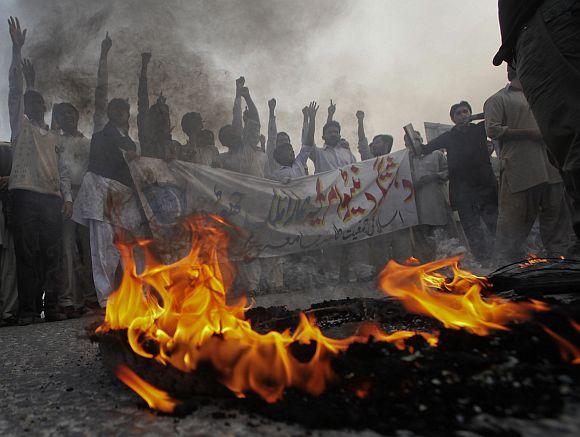
In a briefing, the Pentagon said that fire from the Pakistani military posts against the US-led NATO forces was the "catalyst of the tragedy" last month that led to the death of 24 Pakistani soldiers.
The NYT, in its report, quoted the unnamed American officer as saying "he believed that the Pakistanis had used night-vision technology because their shooting was unusually accurate, even though there were no casualties."
The paper said that this "important detail", which was not disclosed at the Pentagon briefing, is likely to "further aggravate" US relations with Islamabad.
Two crucial findings of the inquiry report - that the Pakistanis fired first at the joint Afghan-American patrol and that they kept firing even after the Americans tried to warn them that they were shooting at allied troops -- are "likely to further anger Pakistan, and plunge the already tattered relationship between the US and Pakistan to new depths," the paper said.
...
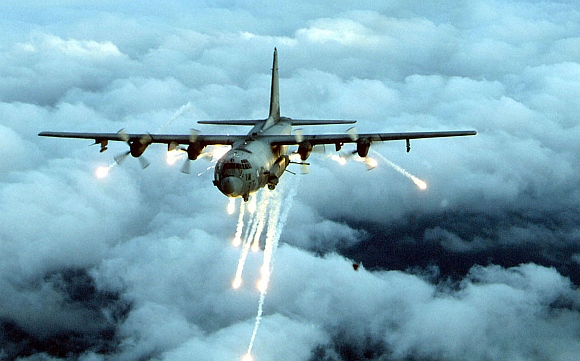
Providing a chronology of the events of November 26, Brigadier General Stephen Clark of the Air Force, who conducted the inquiry, said the US-led patrol had planned to raid a village about one mile inside Afghanistan's Kunar province near the Pakistani tribal area of Mohmand.
As the patrol hiked up steep "goat trails" on a moonless night, it came under "heavy machine-gun" fire from the ridge above close to midnight on November 25.
American officials said the first allied forces' mistake was that Pakistan was not informed about the patrol by NATO and so the Pakistani soldiers were not expecting allied forces in the area. After the allied ground forces came under fire, the Americans tried to inform the Pakistanis that they were shooting at US forces.
"There was no direct verbal communication, but an AC-130 gunship fired flares and an F-15E fighter jet made a deafening, 600-mile-per-hour low-level pass in an effort to signal who they were," the NYT report said.
...
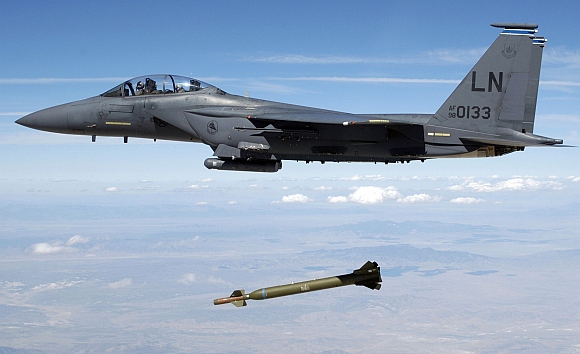
However, the Pakistanis continued shooting and the AC-130 gunship opened fire for six minutes starting at 11:24 pm. "That strike was set in motion when ground commanders believed they had been told no Pakistani troops were in the area. In fact, NATO was still checking," the paper said.
Detailing the findings of the investigation, the Defence Department said "inadequate coordination by US and Pakistani military officers" and "incorrect mapping information" that NATO had provided to the Pakistani authorities led to a chain of errors that resulted in the debacle.
The investigation said the AC-130 and Apache helicopter gunships resumed firing on "rudimentary bunkers" from 11:44 pm until midnight.
About the same time, Pakistani officials called NATO saying their outposts were under attack. The NATO liaison gave the Pakistani army only a general location of the airstrike targets, and a "wrong one at that because he had incorrectly configured his digital map."
...
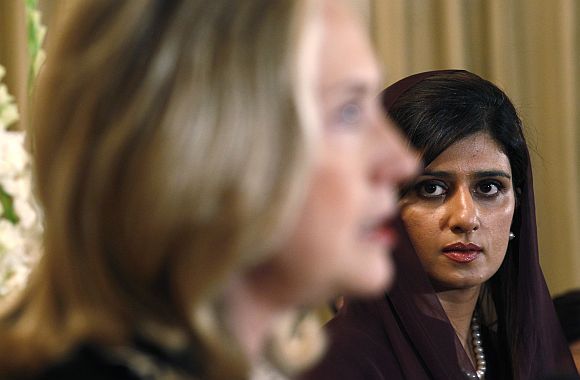
Clark said the mistake that the Pakistanis made was not to inform NATO that they had established the border posts, which had been up for about three months. Pakistan refutes this claim.
The joint patrol resumed its mission in the village and seized one of the largest caches of weapons in Kunar Province this year, along with a bomb-making factory, the American officer said.
The Pentagon did not apologise for the action as Pakistan has demanded.
Pakistan had responded angrily to the attack by closing all NATO supply routes and forcing the US to vacate Shamsi airbase, used by CIA-operated drones. Pakistan also boycotted the Bonn Conference on Afghanistan in protest against the airstrike.
...
Photographs: Reuters